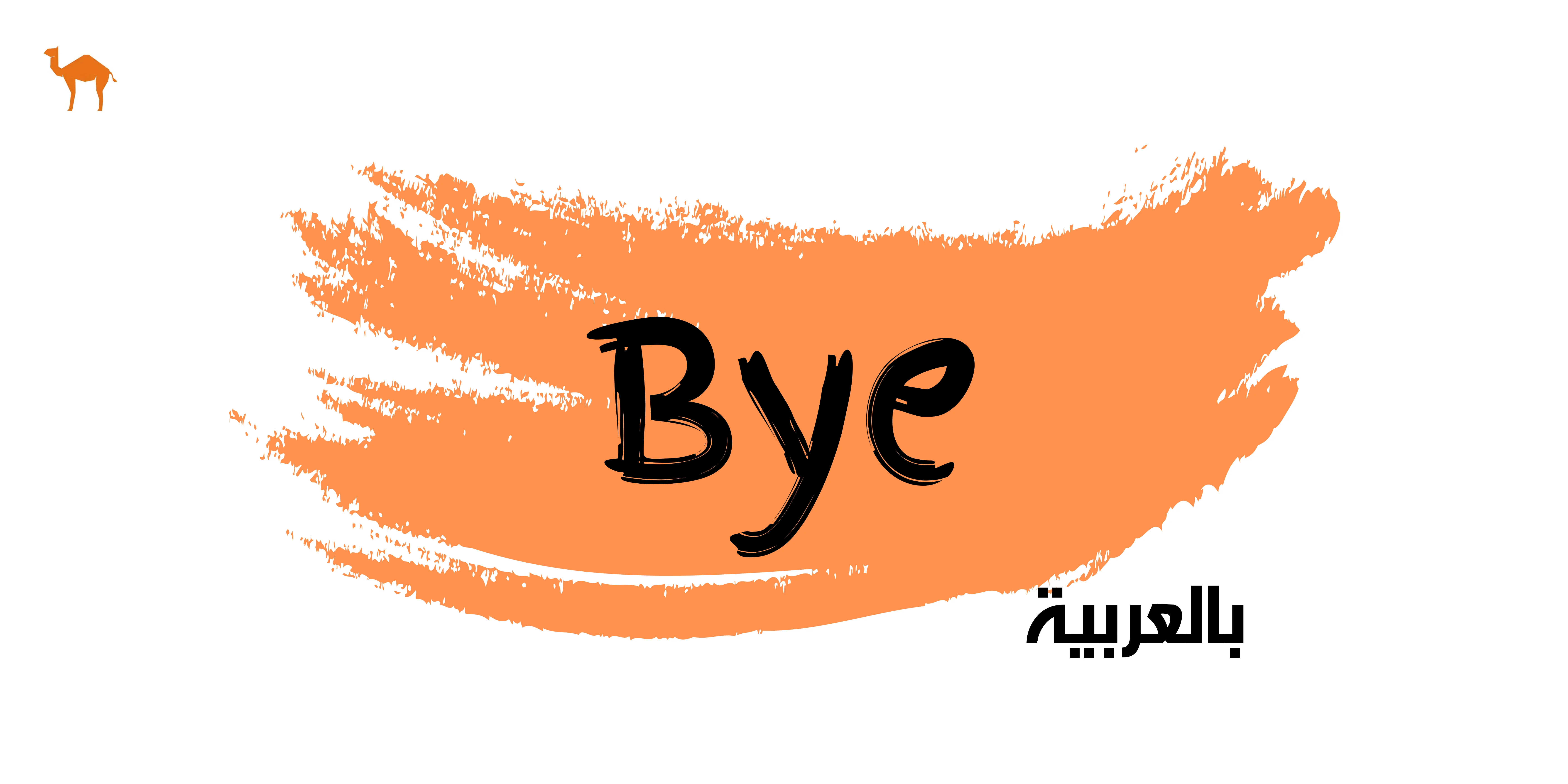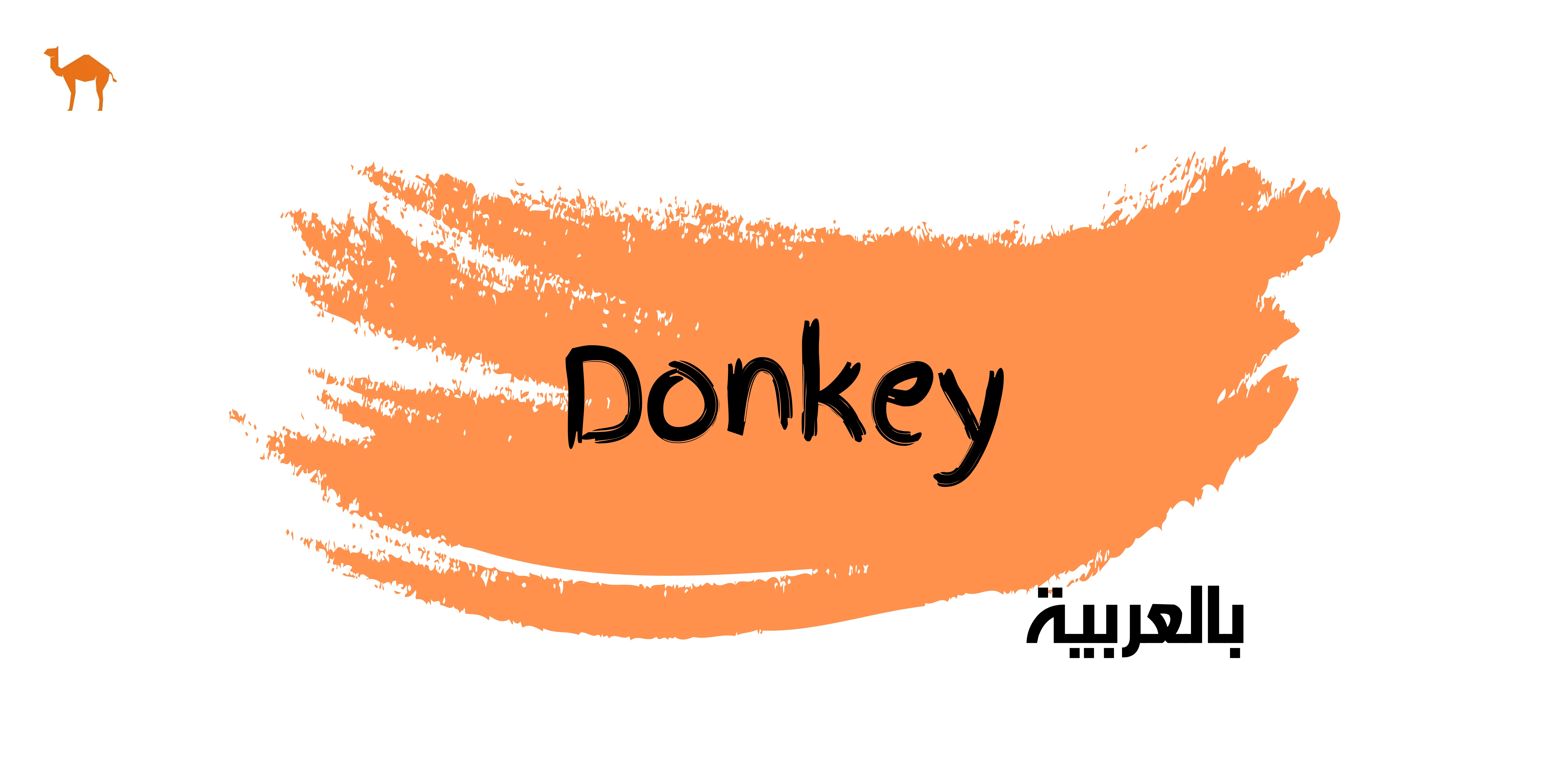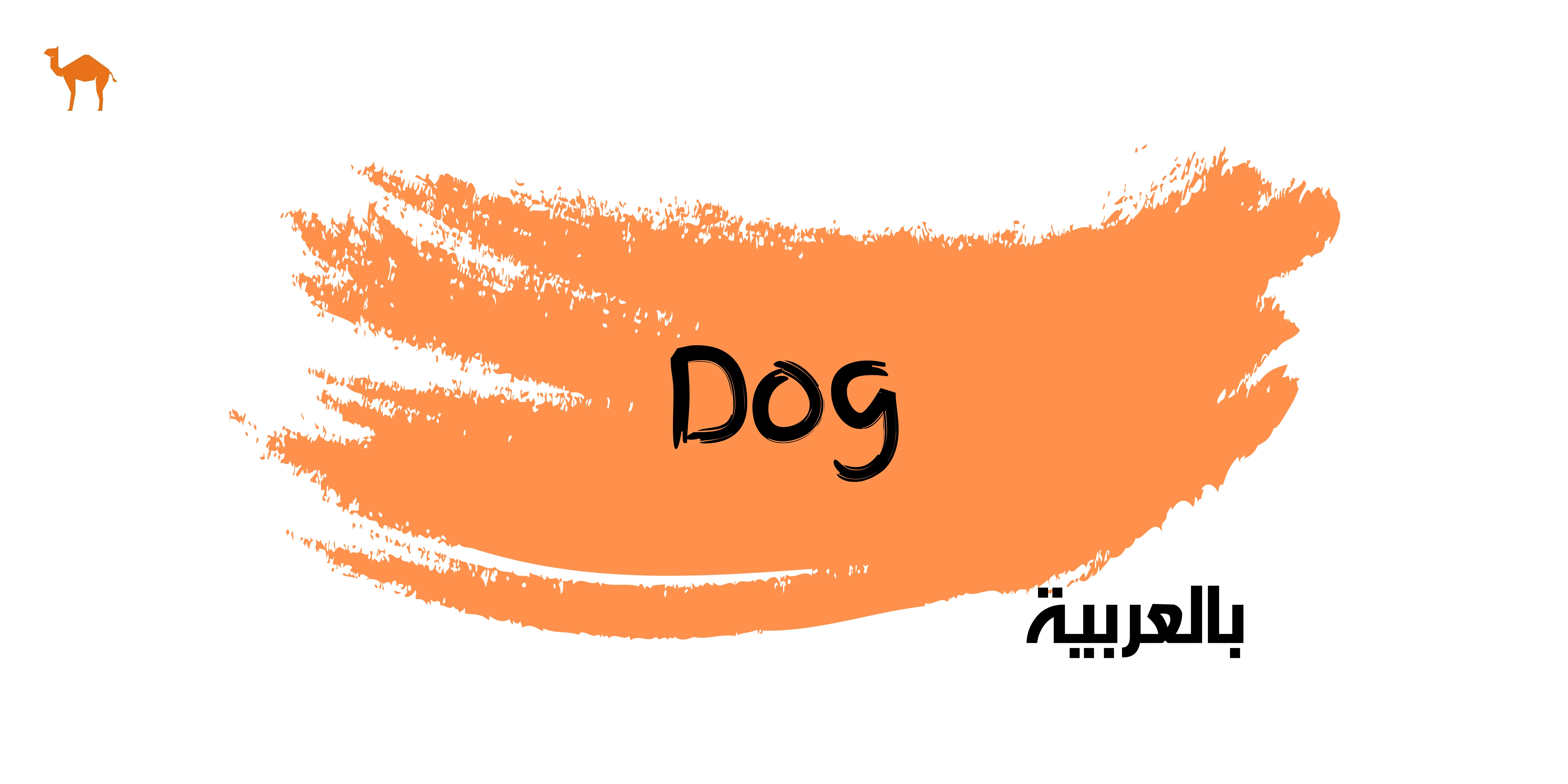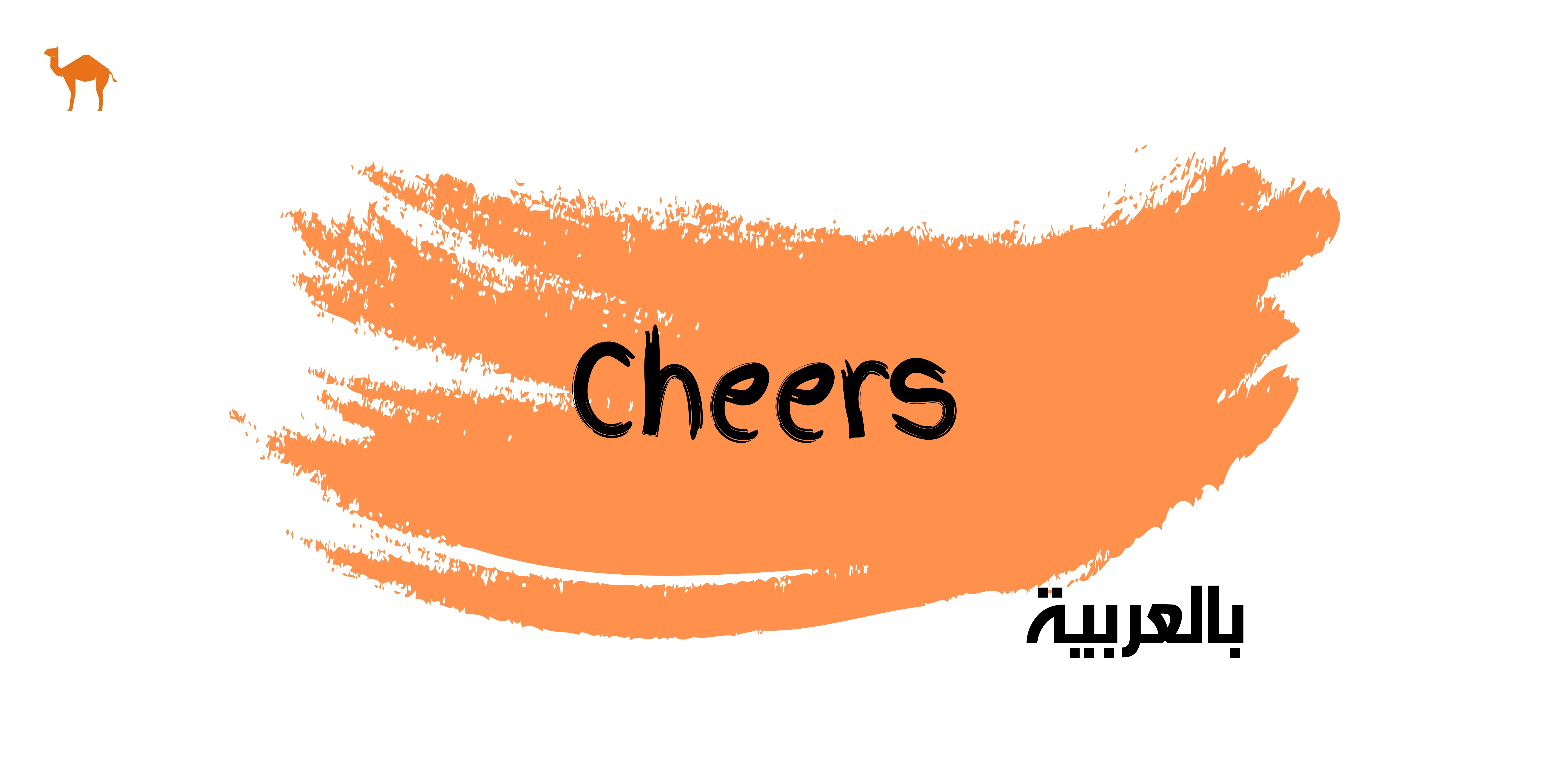How to Say 'Bye' in Arabic

Languages play an important role in giving us a glimpse of different cultures. One of the most fascinating aspects of a language is how it embodies the essence of a culture, from its values to its emotions. Let's dig into the Arabic language richness. In this blog post, we will explore the various ways of how to say bye in Arabic with different dialects.
How to Say Bye in Arabic
Each country in the MENA region has its colloquial dialect. The word 'bye' in Arabic can be said in different ways, let’s get started!
- Ma'a As-salama - مع السلامة
This phrase is typically used as a formal and informal farewell, which means "with safety" wishing the person you're leaving to stay safe as they proceed to their next destination or until you both meet again. The appropriate response is "Allah yesllemak/الله يسلمَكْ" for men, and address women with "Allah yesllemek/الله يسلمِك", and for addressing a group of people you must say "Allah yesllemkum/الله يسلمكُم" Which means "May God keep you safe". - Salam - سلام
This word sums up the farewell with a strong meaning 'peace'. It is commonly used in casual and friendly settings. - Ela Elleqaa' - إلى اللقاء
This expression means "until we meet again". It is formal, thus it implies that you expect to see the other person again soon. - Al Wada'a - الوداع
This word expresses the literal meaning of 'farewell'. It is appropriate for formal occasions and showing respect. - Wada'an - وداعًا
It is the antonym of "Ela Elleqaa'". This formal farewell implies that you don’t expect to see the person again.
How to Say Bye in Arabic Dialects
Arabic-speaking countries have various ways of farewell. Here are some phrases used to say 'bye' in different Arabic dialects.
- Ma'a Alf Salama - مع ألف سلامة
This phrase is a nice way to tell your friends and beloved to stay safe, which means "wishing you safety forever". The word 'alf' is commonly used in every conversation in Egypt; means 'thousand' Which describes excessive attention and love. The appropriate response is "Allah yesllemak/الله يسلمَكْ" for men, and address women with "Allah yesllemek/الله يسلمِك", and for addressing a group of people you must say "Allah yesllemkum/الله يسلمكُم" Which means "May God keep you safe". - Fe Rea'ayet Ellah - في رعاية الله
This expression means "God protect you". to wish for them to be safe and protected by God. - Bkhatrak - بخاطرك
In the Levantine dialect, this word means "by your permission" (the same usage of the old-fashioned expression "by your leave" in English). Address men with 'bkhatrak/بخاطرَك' and women with 'bkhatrek/بخاطرِك' and 'bkhatrekum/بخاطركُم' for a group of two or more people. - Allah Ma'ak - الله معك
It is another farewell expression that means "God be with you". Address men with "Allah ma'ak/الله معك" and women with "Allah ma'ek/الله معِك" and "Allah ma'akum/الله معكُم" for a group of two or more people. - Ashofak Ala Kheir - أشوفك على خير
This phrase is useful with friends and in other informal settings. Which means "see you in good shape". Address men with 'Ashofak/أشوفَك' and women with 'Ashofek/أشوفِك' and 'Ashofkum/أشوفكُم' for a group of two or more people.
Explore the richness of the Arabic language and culture with eArabic.io's online courses tailored for learners worldwide, whether you're a beginner or an advanced student, our comprehensive curriculum and expert instruction provide an immersive learning experience accessible from anywhere. Dive into the program in Arabic, designed to deepen your understanding and proficiency in this vital language. Book a free Arabic lesson!


